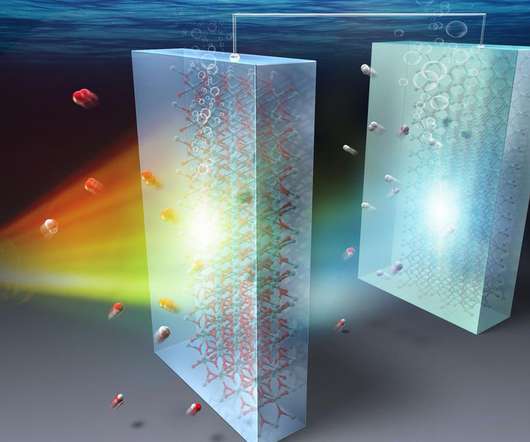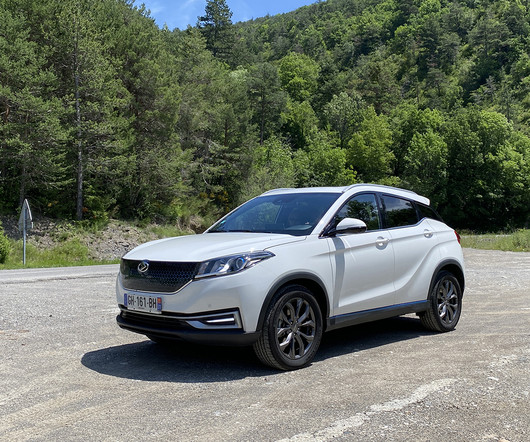Fuji Pigment unveils rechargeable Aluminum-air battery; targeting initial commercialization this spring
Green Car Congress
JANUARY 9, 2015
has developed a new type of aluminum-air battery which can be recharged by refilling with salt or fresh water and which uses a modified structure to ensure longer battery lifetime. The company said it is constantly improving the battery performance and plans to commercialize the technology in the market by spring 2015.


















Let's personalize your content